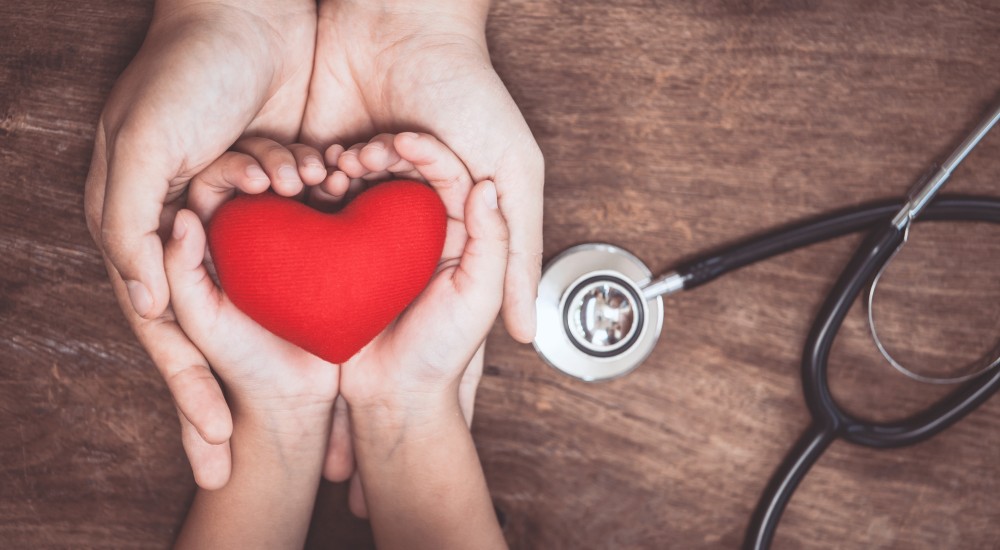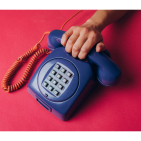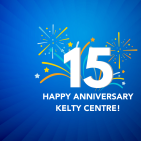
Original article from The University of British Columbia Faculty of Medicine with permissions to repost; originally posted November 18, 2020.
Disclosures: Françoise Mathieu is the founder of Compassion Fatigue Solutions and Executive Director of Tend Academy which provides education and training on topics related to burnout, stress, and compassion fatigue. Dr. Russel is a psychiatrist with a consulting practice and is one of Tend Academy’s associates.
What I have noticed
As the pandemic enters its ninth month in Canada, many of us in health care are continuing to juggle additional pressures both at home and at work including juggling family demands, complex workload, supply and equipment shortages; fear of contagion for patients, for ourselves, and our families; difficult ethical decisions and significant moral conflict.
What changed my practice
A few weeks into the COVID-19 crisis and as a psychiatrist working in a tertiary care hospital, while homeschooling my two boys, I had a strong awareness that I needed to really work to keep myself healthy in a way that I have never felt before to make sure I was able to survive this crisis. I needed to grab my psychological PPE.
Having recently completed a training program with compassion fatigue expert Françoise Mathieu, https://thischangedmypractice.com/compassion-fatigue/, I reached out to her and we developed an online presentation for health care professionals in Ontario, offering best practices to stay well. We called it Psychological PPE (view video). Françoise had also published an article entitled “This is a Marathon, Not a Sprint: strategies to address wear & tear in helping professionals during COVID-19” (view). Here are some tips that I would like to share with you (or remind you).
What I do now
1) Secure the foundations: physical & mental hygiene
Physical and mental health are often the first things that are sacrificed in crisis situations. For me I am focusing on two things, 1) getting enough sleep and 2) exercising every day. For many of us, not getting enough sleep is a chronic issue. As a society, we pride ourselves on being “busy” and on being more productive. To make sure I am getting enough sleep, I put an alarm on my phone at 9 PM, to signal a commitment to myself that I stop working, and start to unwind and get ready for bed. This meant that at times some of my work was late, the house was messy, and the kids’ bags weren’t packed. However, by letting go of some of these responsibilities, I made a commitment to sleep, which has worked to help keep me emotionally and physically healthy.
Exercise is the second strategy that I have been focusing on. Early in the pandemic, I realized that I was walking less than 1,000 steps a day. The commute to my home office being 30 steps! I have tried to set small but achievable goals, like walking 10,000 steps a day mostly with our new puppy and getting my heart rate up for 30 minutes 5 days a week mostly on my stationary bike. Exercise has literally felt like a medication to manage my own stress and change my perspective, even for a few hours. In this way, it has been life-saving for me.
2) Reset & listen to your body
The amount of stress we experience during times of crisis depends on many factors including past experiences, personality factors, current life stressors, coping strategies, prior training, personal resilience, and many others. Regardless of the level of stress we experience, it is important that we reset ourselves into a “rest and digest” state, rather than some form of fight, flight, or freeze state, as quickly as possible after a period of increased stress. If we pay attention to our body at these times, it will give us clues as to what needs to happen next in order for us to reset ourselves. Often our body knows what to do — we just need to listen: humming, singing, a brief burst of physical exercise, or connecting with a significant other or a beloved pet can be quick resetting strategies.
One issue that developed for me during the pandemic was my amount of media exposure. As the pandemic took hold, so did my addiction to my phone and the constant news cycle on our TV. My previous 3 PM latte breaks changed to a daily briefing, watching Dr. Bonnie Henry, where my mood would shift depending on the numbers. My before bed tea with my husband turned into a date with Lisa Laflamme, filled with the stress of the day, horror stories from parts of the world, and worst-case scenarios. I could feel the cortisol pumping through my veins.
As the pandemic continued, and after an honest discussion with myself, I have worked at limiting myself to 10 minutes of news a day. I am working (I need to be honest here) on reading Dr. Henry’s updates and the Doctors of BC Newsflash every day, which is enough to keep me updated, while not taking over my life. This has been a hard change, but when I am able to do it, it really does make a difference.
3) Pick your battles: circles of concern and influence
In “The Seven Habits of Highly Effective People” Stephen Covey (1989) presented the circles of concern and influence and encouraged us all to focus on the realms of our lives that we control and influence over and not squander energy on the areas that are truly outside of our control. There are many things about this pandemic that I cannot control, and a few that I can. This is hard for me, as I am a Type A person, who likes to control things (at least that’s what my family tells me!)
When I am noticing that I am upset about something, I try to assess whether this is an issue that I am able to modify or not. If I am able to make a change, I do. However, in situations where I have no (or limited control) I work at acknowledging grief and letting go. When I am unable to do this, I try to practice self-compassion, recognizing that we are all (including myself) doing our best and that we need to focus on this one day at a time.
4) Connecting with others: creating an emotional village
One of the best ways to mitigate burnout and compassion fatigue is through social support. I have been actively working on creating and maintaining effective support while maintaining physical distancing. By participating in regular peer support, peer supervision, and making virtual coffee dates with colleagues, I am ensuring that I am “socially connected” while physically distancing.
I have also tried “walking meetings” with my colleagues where we get outside and can talk while getting in my steps! We won’t be able to control many aspects of this pandemic, but we can control our responses and the ways that we take care of ourselves and one another. Although these visits have lost some of their spontaneity, I am working at maintaining these relationships, so we can encourage each other and get through the pandemic together.
This pandemic has been the biggest obstacle many of us have faced in our lives. However, it is something we are experiencing together. I am taking it day by day, and some days are better than others.
5) Here are some resources and tools I have found most helpful:
- BC Physician Health Program https://www.physicianhealth.com/. Especially the biweekly peer support group.
- Self-care in your workplace and personal life questionnaires: view PDF on https://www.tendacademy.ca
- Psychological PPE to manage COVID-19: https://www.tendacademy.ca/covid19/
- Circle of control and influence: https://www.thensomehow.com/circles-of-influence/
- Feet on the floor video: https://www.tendacademy.ca/feet-on-the-floor/
- 3-minute breathing space infographic: view PDF on https://www.tendacademy.ca
- Managing media exposure: view PDF on https://www.tendacademy.ca
- Podcast: This is a marathon, not a Sprint: listen via https://www.buzzsprout.com
- Self-assessments for anxiety/depression:
- Patient Health Questionaire (PHQ-9) View PDF on http://med.stanford.edu/fastlab/research/
- GAD-7-anxiety-screen: view PDF on https://med.dartmouth-hitchcock.org
References:
- Fisher, P. Workbook: Resilience, Balance and Meaning: Supporting our Lives and our Work in High-Stress, Trauma-Exposed Workplaces. Published by Fisher & Associates Solutions Inc., Victoria, BC. Distributed by Tend Academy Ltd., Kingston, Ontario. First published 2016 Copyright © 2016, Patricia Fisher, Ph.D. (View)
- Fisher, P. Book: Building Resilient Teams: Facilitating Workplace Wellness & Organizational Health in Trauma-Exposed Environments. Tend Academy Ltd., Kingston, Ontario. 2015. (Info)
- Mathieu, F. The Compassion Fatigue Workbook: Creative Tools for Transforming Compassion Fatigue and Vicarious Traumatization. Tend Academy Ltd., Kingston, Ontario. 2012. (Info)
- Mathieu, F. This is a Marathon Not a Sprint. Tend Academy Ltd., Kingston, Ontario. April 2, 2020. Accessed Nov 10, 2020. (View)
- Maunder, R. et al (2008) Applying the lessons of SARS to Pandemic Influenza. Canadian Journal of Public Health, Vol. 99, No. 6. (View)







